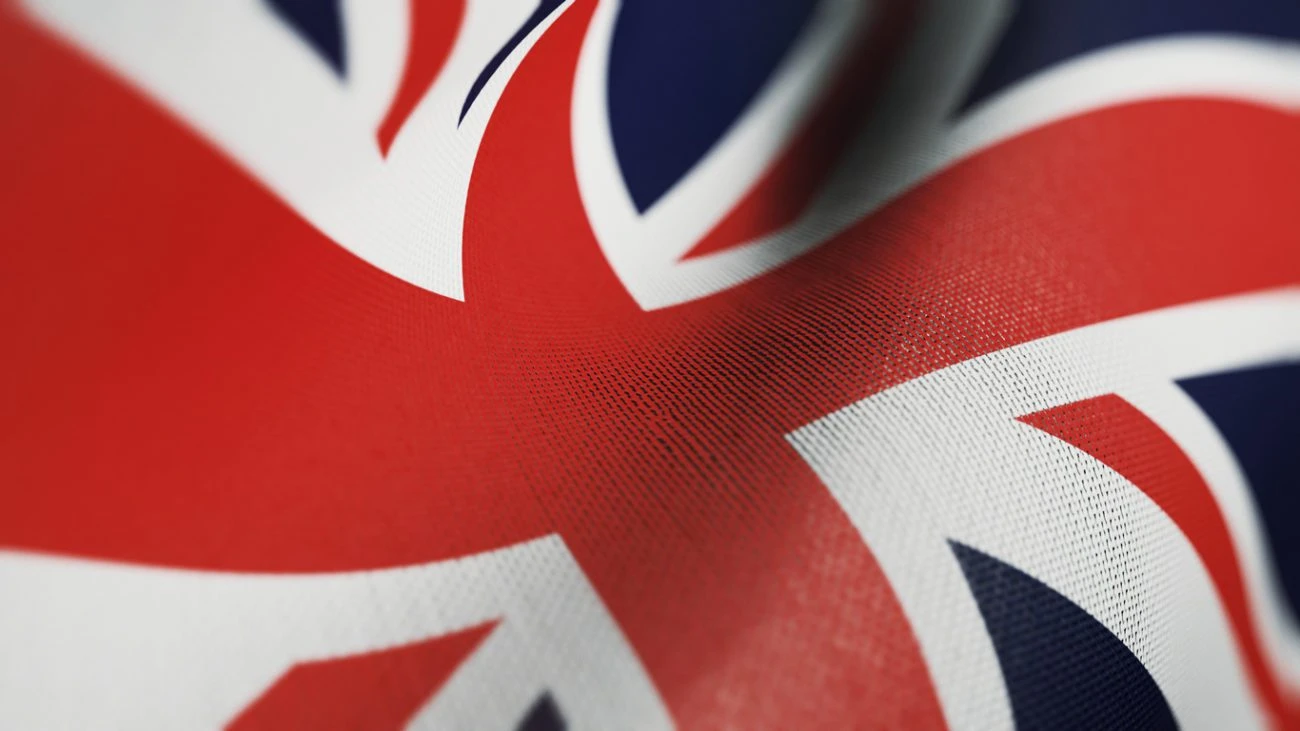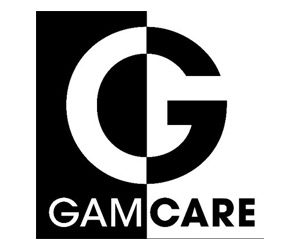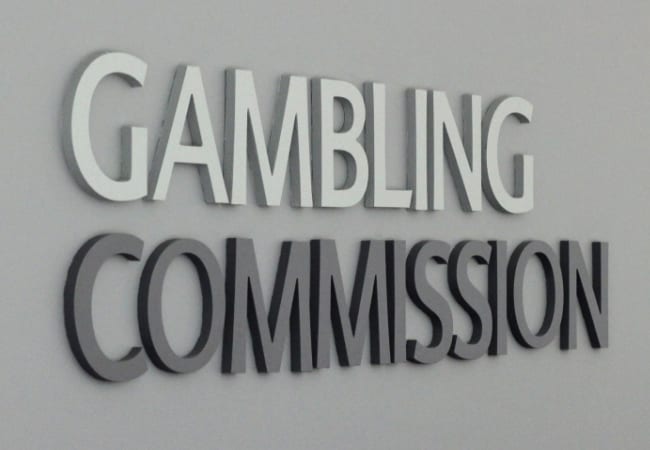Setting the standard: Is the Betting and Gaming Council fit for purpose?

I was fresh out of ideas for a podcast episode recently, so I suggested to my co-host that we talk through some of the interesting news of the day.
While we were talking, an email landed in my inbox. It was from the Betting and Gaming Council (BGC), the body representing the gambling industry (in all its forms) in the UK.
The BGC has put out several releases that have raised a smile in the past, but straight away this one rang out as probably quite far from the truth. It’s fair to say that many such bodies and “industry groups” tend to overstate their own achievements and importance in the grand scheme of things, and in that respect the BGC never lets us down. But the things that rang so hollow here were a little more disturbing and, well, I think they need addressing.

Why did this email stand out? Initially, it was because I had also received – not two hours before – a statement from GamCare talking about how it had taken a record number of calls in January 2023. And not by a small margin; this was an increase of 17% compared to the same month in 2022. That’s a huge leap forward.
Granted, everyone with a gambling problem may have waited until the new year to phone in. Maybe they were waiting to start a new month of call-plan minutes on their phones, for example, or perhaps they were just really, really busy. Or perhaps… perhaps the national gambling charity has nothing to gain from embellishment; perhaps it’s not about ego for them, or posturing to look good before their members. But what do I know? I don’t even have hair.
I digress.
“Anti-gambling prohibitionists”
But the BGC email stated very clearly that problem gambling rates had gone down. It even called out the “anti-gambling prohibitionists” in a quote from its chief executive Michael Dugher.
That was the first alarm bell. So we start recording an episode of the podcast, conversation meandering around the issue. If you’ve heard the pod – The Gambling Files – you’ll know exactly what I mean.
While we’re talking, my co-host, BonusFinder.com MD Fintan Costello, is looking for where the BGC got their data; of course, it’s from the Gambling Commission. Which states that problem gambling rates, based on the same set of data, are stable. Not down, stable.
There’s alarm bell number two.
“If you change the data from one decimal place to three decimal places, you can see the real figures”
Fintan loves a bit of data. He loves his statistics; me, I’m more the looks side of the podcast, which is why we’re audio-only.
But he’s looking at the figures and then he says – and I am very much paraphrasing here – “Hang on a second… the release says problem gambling has dropped from 0.3% to 0.2% but the Gambling Commission summary says it’s statistically stable at 0.2%. This spreadsheet then says exactly the same as the BGC has said, which is a 0.3% to 0.2% drop!
“But if you change the data from one decimal place to three decimal places, you can see the real figures. The Gambling Commission’s summary is the correct way to express this data – it is stable at 0.2% statistically.”

If you go and grab the Commission datasheet, go to tab 5, and look at the table showing the percentage of problem gamblers from year to Dec 2022, it does indeed show 0.2%.
The cell above shows 0.3%. But click on the cells and you see the real figures: 0.3% for 2021 is 0.288%, and 0.2% for 2023 is 0.243%. Clearly, that’s not a 0.1% drop at all, not even close.
And it wasn’t that difficult to find, either. This is more about misrepresenting data and the weapons we give to the industry’s critics as a result.
The BGC’s polarised approach
The arguments for and against gambling are polarised, and the BGC continues to address issues in precisely this way. It gets us nowhere.
The release that inspired all this includes the quote referenced earlier, which is: “These newly released figures are further evidence of the positive progress we have made on safer gambling and underline our urgent calls for ministers to take a genuinely evidence-based approach to the upcoming white paper.
“These figures showing that problem gambling has fallen once again will no doubt come as a profound disappointment to anti-gambling prohibitionists, who like to vastly overstate the issue.
“Their alarmist demands are not backed up by the evidence.”
Well, the only overstatement here is by the BGC, for one thing. If they had just told the truth about the numbers, it’s still a drop in problem gambling rates.
Nobody can argue with that, anywhere. In two years – from the 2020 figure of 0.330% – it has indeed dropped almost (but not quite) the 0.1% claimed for last year. Just stick to the facts and then it’s all true, nobody has a stick and nobody can claim we hoodwinked them or massaged the figures.
Speaking of which, another numerical anomaly in the release is the claim that “just under half of all UK adults enjoy a bet each month”.
The figure quoted is almost 22.5 million. There are 53 million people in the UK aged over 18, so half would be 26.5 million. A difference of four million is not “just under” anything, however you look at it. It’s another lazy falsehood, which is my best attempt at politely saying it’s cobblers.
Problems with survey methodology
The Gambling Commission’s data is interesting too. It’s from a quarterly phone survey of roughly 4,000 people, selected to give as great a cross-section of the UK populace as possible.
Except it selects people as young as 16 and I’m not sure you can really do much gambling in the UK until you’re 18, so there is an immediate issue with the data – especially as in their Excel stats, they’re lumped into a group as “16-24 year-olds”. So that data is, to me, corrupted.
Sure, they might be gambling at 16 – but why not survey people down to eight years old then, and lump all the illegal gamblers into a group of their own? Just a thought. Because if you’re lumping illegal gamblers into the data, you can’t correlate it with any figures the industry produces because if they’re using our sites, apps and physical locations they are doing so fraudulently.
It skews data and reporting further, and when we are talking about problem gambling – the number one criticism of the industry – that data is really important. We can’t be looking for 0.243% of problem gamblers in our data sets if they’re not in there, for example.
We’re not just handing our critics the stick to beat us, we’re politely asking them to wait while we hammer nails into the end.
An organisation that exists for its own luxury?
The real driver for player protection is regulation and it appears to be working; the BGC has no legislative powers, it doesn’t set any agendas for the industry other than by asking nicely.
It’s an organisation that seems to me to exist for its own luxury. It “represents” groups with conflicting needs – seriously, at what point do the interests of bookies and casinos come together, exactly?
How does a group that campaigned for greater oversight of FOBTs sit next to the group that campaigned for less oversight on FOBTs and find common ground? It doesn’t. Their needs are unique and just because we all fall under the word “gambling”, it doesn’t indicate true commonality.
The Betting and Gaming Council is in theory the industry’s lobbying group to affect pending legislation. We may find out how effective they have been if the fabled white paper ever appears.
But with a self-aggrandising flourish, I can almost guarantee that any “wins” in the paper will be claimed by them immediately as being a result of their hard work, and any losses will be shouted down because, well, they did their absolute best.
I would dearly love to know how they achieved this magical drop in problem gambling behaviours, for example, but their release omits any mention of what they actually did.
It’s not about ego, it’s not about making a mess of a press release, it’s about an industry wanting and demanding better, more effective representation. I’m not being personal here, I’m just asking the BGC to do better.
We don’t have to hammer nails into the stick for our critics – a good industry body will lead and guide from the front, not tip diesel on the barbecue, hope for the best then complain the food tastes of fuel.

Jon Bruford has been working in the gambling industry for over 17 years, formerly as managing editor of Casino International and presently as publishing director at The Gaming Boardroom, with Kate Chambers and Greg Saint.
